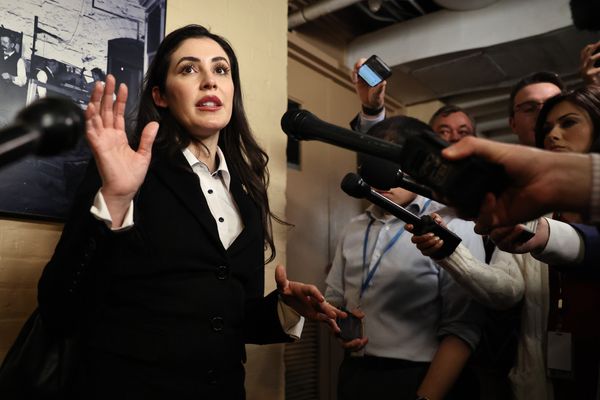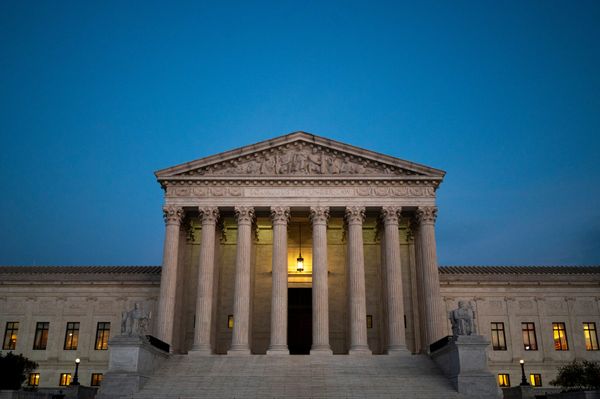
Georgia Governor Brian Kemp is advocating for tort reform as a solution to combat escalating insurance expenses in the state. While Kemp argues that limiting lawsuits will lead to a decrease in insurance premiums, experts suggest that the situation is more intricate.
The proposed changes could potentially lower liability insurance expenses for businesses and commercial property owners. However, the impact on other types of insurance, such as car insurance, remains uncertain. Some researchers caution that tort reform measures may primarily boost insurers' profits rather than significantly reducing policy prices.
Insurance Commissioner John King highlighted that lawsuits are prompting insurance companies to scale back coverage for various entities, including retail businesses, apartment owners, and drivers. The issue is particularly acute in areas labeled as high crime, with small business owners struggling to secure affordable insurance.
While proponents of tort reform argue that excessive lawsuits and large jury awards are driving high insurance rates, critics contend that there is insufficient evidence to support this claim. Factors such as inflation, extreme weather events, and labor costs also influence insurance premiums.
Despite some fluctuations in claims and payouts, the overall trend in Georgia's insurance market remains stable. However, concerns persist regarding transparency in rate-setting practices by insurance companies.
Opponents of tort reform emphasize the need for more scrutiny on how insurers determine rates and advocate for consumer rights. They argue that limiting legal recourse may not necessarily lead to lower insurance costs for individuals.
As the debate on tort reform continues, stakeholders are grappling with the complexities of balancing insurance affordability with fair compensation for claimants. The outcome of Governor Kemp's proposals and their impact on Georgia's insurance landscape remain to be seen.







